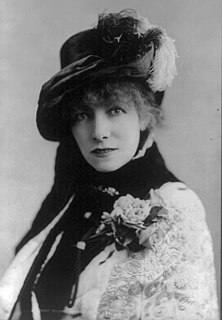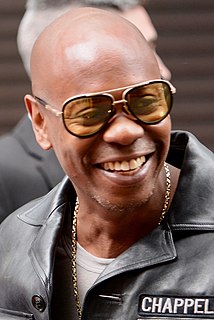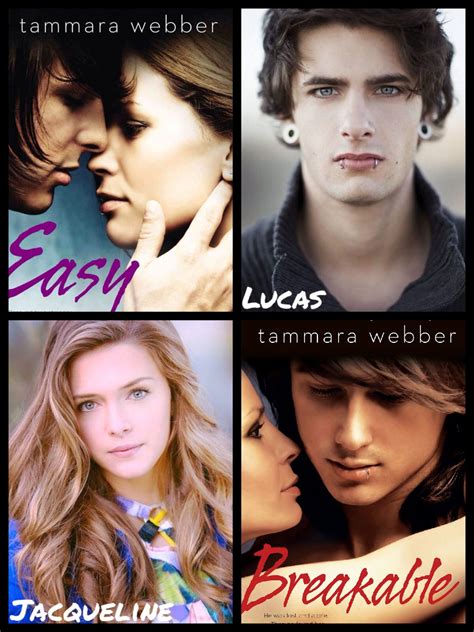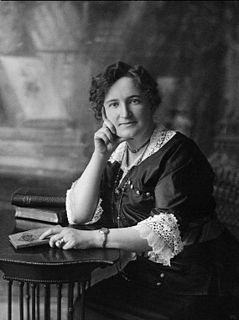A Quote by Jim Butcher
For me chivalry isn't dead; it's an involuntary reflex.
Quote Topics
Related Quotes
If we denote excitation as an end-effect by the sign plus (+), and inhibition as end-effect by the sign minus (-), such a reflex as the scratch-reflex can be termed a reflex of double-sign, for it develops excitatory end-effect and then inhibitory end-effect even during the duration of the exciting stimulus.
Thought reflexes get conditioned very strongly, and they are very hard to change. And the also interfere. A reflex may connect to the endorphins and produce an impulse to hold that whole pattern forther. In other words, it produces a defensive reflex. Not merely is it stuck because it's chemically so well built up, but also there is a defensive reflex which defends against evidence which might weaken it. Thus it all happens, one reflex after another after another. It's just a vast system of reflexes. And they form a 'structure' as they get more rigid.



































